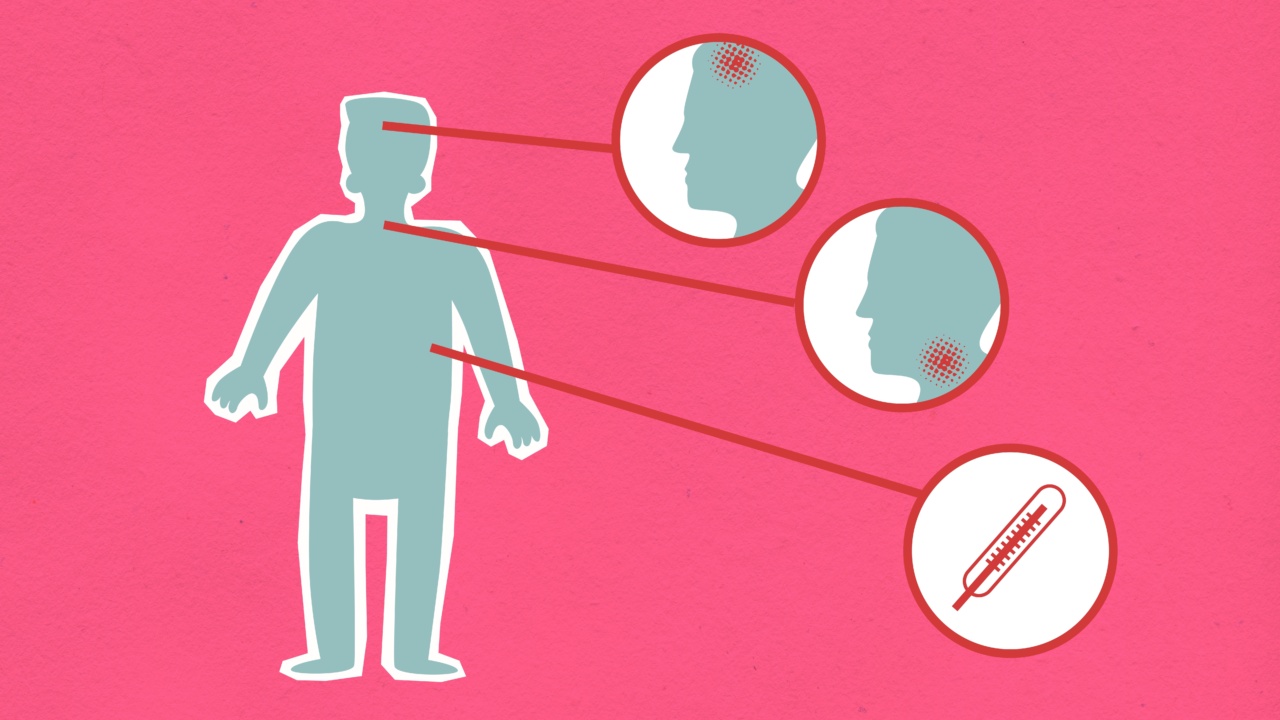As parents, we often worry about our children’s health, especially when they have a sore throat. While a sore throat is a common symptom of a cold or flu, it’s important to be aware that it could also be a sign of something more serious.
In this article, we will explore some of the possible reasons why your child’s sore throat may not be just a cold and what steps you can take to ensure their well-being.
Strep Throat
One of the most common causes of a severe sore throat in children is strep throat. This bacterial infection affects the throat and tonsils and is highly contagious.
It typically causes symptoms such as a severe sore throat, difficulty swallowing, swollen lymph nodes, and fever. Strep throat requires prompt medical attention, as it can lead to complications if left untreated.
Tonsillitis
Tonsillitis is another condition that can mimic the symptoms of a cold but requires different treatment. It occurs when the tonsils become infected and inflamed.
In addition to a sore throat, children with tonsillitis may experience difficulty breathing, a persistent cough, bad breath, and swollen tonsils. In severe cases, a doctor may recommend removing the tonsils through a surgical procedure called a tonsillectomy.
Mononucleosis
Mononucleosis, also known as “mono” or the kissing disease, is a viral infection that can cause a sore throat, fatigue, and swollen lymph nodes. It is often transmitted through saliva and can be particularly common among teenagers.
If your child’s sore throat is accompanied by extreme fatigue or lasts for an extended period, it’s essential to consult a healthcare professional to rule out mononucleosis.
Allergies
Allergies can also cause a sore throat in children. While common symptoms of allergies include sneezing, itchy eyes, and a runny nose, a sore throat can also be present.
Allergic reactions to pollen, pet dander, dust mites, or certain foods can trigger an inflammatory response in the throat, leading to discomfort and pain. Identifying and managing your child’s allergies through allergist-recommended treatments can help alleviate their symptoms.
Gastroesophageal Reflux Disease (GERD)
GERD, or acid reflux, occurs when stomach acid flows back into the esophagus, causing irritation and inflammation. In children, GERD can manifest as a persistent sore throat, coughing, and difficulty swallowing.
If your child frequently complains of a sore throat, especially after eating or at night, it is worth discussing the possibility of GERD with a pediatrician.
Misdiagnosis and Second Opinions
While the above conditions are common causes of a sore throat in children, it’s worth noting that accurate diagnosis is essential for appropriate treatment.
Pediatricians or ENT specialists should evaluate persistent or severe sore throats to ensure the correct diagnosis. Seeking a second opinion can provide peace of mind or lead to a different diagnosis and treatment plan.
When to Seek Medical Help
While some sore throats may be mild and resolve on their own, there are instances when medical attention is necessary. It is crucial to consult a healthcare professional if your child experiences any of the following:.
- Fever over 101 degrees Fahrenheit
- Difficulty breathing or severe respiratory distress
- Difficulty swallowing or refusal to eat or drink
- Extreme fatigue or lethargy
- Swelling of the face, tongue, or throat
- Presence of a rash or spots on the body
- Recurrent sore throats or throat infections
- Worsening symptoms despite home remedies
Preventing Sore Throats in Children
While some causes of sore throats are unavoidable, there are steps you can take to reduce the risk of your child experiencing one:.
- Encourage regular handwashing to minimize the spread of viral and bacterial infections.
- Avoid close contact with individuals who have a known sore throat or respiratory illness.
- Promote healthy habits, such as getting enough sleep, maintaining a balanced diet, and staying active, to support your child’s immune system.
- Ensure your child is up to date with their vaccinations, including those for flu and strep throat.
- Keep your home environment clean and dust-free to minimize allergens.
- Encourage proper hydration to prevent dry and inflamed throat tissues.
- Teach your child good respiratory hygiene, such as covering their mouth and nose with a tissue or elbow when sneezing or coughing.
Conclusion
A sore throat in children is an ailment that should never be taken lightly. While it can often be a symptom of a common cold, it may also indicate a more serious condition that requires medical attention.
By understanding the range of potential causes and seeking appropriate medical care, you can ensure your child receives the necessary treatment and support for a speedy recovery.






























